Grand Strategies
Consider the multiple, competing foreign policy crises America faces today.
July 25–July 29, 2022
Washington, D.C.
At the end of World War II, the United States and its victorious allies established a rules-based international system that has led to decades of peace, prosperity, and freedom for the American people and much of the rest of the world. Washington deepened and expanded this system after the end of the Cold War. In recent years, however, this system has come under unprecedented attack from revisionist autocratic great powers, Russia and China; rogue states like Iran; and transnational challenges, including international terrorism.
How can we understand the past, present, and future of the U.S.-led international system? Do the United States and its allies have the right strategies and policies to deal with the myriad of international challenges they face today? How can Washington preserve its traditional international leadership role while adapting to the realities of a new era? These are the questions this course will discuss.
Matthew Kroenig on the return of great-power competition
This course was part of our residential Political Studies Program. Fellows participate in morning seminars and meet prominent men and women in public life over afternoon and evening sessions.
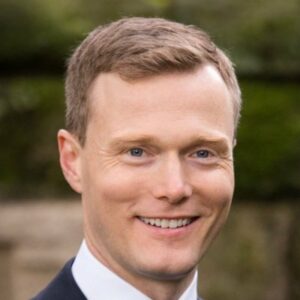
Matthew Kroenig is a Professor in the Department of Government and the Edmund A. Walsh School of Foreign Service at Georgetown University. A 2019 study in Perspectives on Politics ranked him as one of the top 25 most-cited political scientists of his generation. He has served in several positions in the U.S. Department of Defense and the intelligence community in the Bush and Obama administrations.

Matthew Kroenig is a Professor in the Department of Government and the Edmund A. Walsh School of Foreign Service at Georgetown University. A 2019 study in Perspectives on Politics ranked him as one of the top 25 most-cited political scientists of his generation. Dr. Kroenig is the author or editor of seven books, including The Return of Great Power Rivalry: Democracy versus Autocracy from the Ancient World to the US and China, The Logic of American Nuclear Strategy: Why Strategic Superiority Matters, and Exporting the Bomb: Technology Transfer and the Spread of Nuclear Weapons.
Dr. Kroenig is the Director of the Global Strategy Initiative and Deputy Director of the Scowcroft Center for Strategy and Security at the Atlantic Council. He writes a bi-weekly column for Foreign Policy. He has served in several positions in the U.S. Department of Defense and the intelligence community in the Bush and Obama administrations, including in the Strategy office in the Office of the Secretary of Defense and the CIA’s Strategic Assessments Group. He regularly consults with a wide range of U.S. government entities. In 2005, he was the principal author of the first-ever, US-government-wide strategy for deterring terrorist networks.
Dr. Kroenig provides regular commentary for major media outlets, including PBS Newshour, Fareed Zakaria GPS, BBC, CNN, Fox News, NPR All Things Considered, and C-SPAN. He is a life member of the Council on Foreign Relations and holds an MA and PhD in political science from the University of California at Berkeley. He lives with his wife and children in Georgetown. Follow him on Twitter @kroenig.
Readings:
Robert Kagan, The World America Made (2013)
Discussion Questions:
Readings
Discussion Questions:
Readings:
Discussion Questions:
Readings:
Discussion Questions:
Readings:
Discussion Questions:

Vance Serchuk
Vance Serchuk is Executive Director of the KKR Global Institute and an Adjunct Senior Fellow at the Center for a New American Security. Prior to joining KKR, Mr. Serchuk served for six years as the senior national security advisor to Senator Joseph Lieberman (I-Connecticut).

Nataliya Bugayova
Nataliya Bugayova is a Research Fellow at the Institute for the Study of War (ISW), where she leads the Russia and Ukraine portfolio. Her work focuses on the Kremlin’s foreign policy decision-making and ongoing global campaigns. Prior to ISW, she was the Chief Executive Officer of the Kyiv Post, Ukraine’s independent English-language publication.
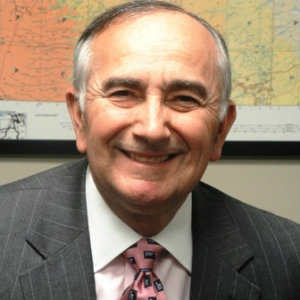
James M. Dubik
LTG James M. Dubik (U.S. Army, Ret.) is a Senior Fellow at the Institute for the Study of War and a Professor at Georgetown University’s Security Studies Program. General Dubik has extensive operational experience in Iraq, Afghanistan, Japan, Korea, Thailand, Bosnia, Haiti, Panama, and in many NATO countries.
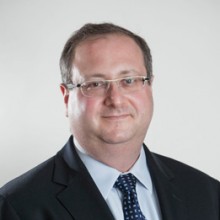
Frederick W. Kagan
Frederick W. Kagan is a Senior Instructor with the Hertog War Studies Program at the Institute for the Study of War. The author of the 2007 report “Choosing Victory: A Plan for Success in Iraq,” he is one of the intellectual architects of the successful “surge” strategy in Iraq. He is the director of AEI’s Critical Threats Project.
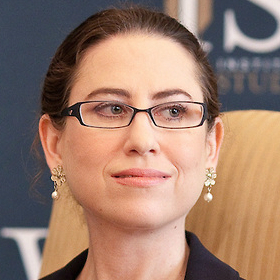
Kimberly Kagan
Kimberly Kagan is a Senior Instructor with the Hertog War Studies Program and founder and president of the Institute for the Study of War. She is a military historian who has taught at the U.S. Military Academy at West Point, Yale, Georgetown, and American University.
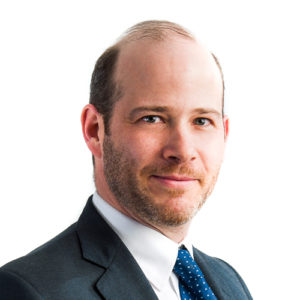
Eric Brown
Eric Brown is a Senior Research Scientist at the College of William & Mary’s Global Research Institute, where he is developing research and educational programs on world politics, applied history, and security. Prior to joining GRI in 2022, Brown was a senior fellow at Hudson Institute.
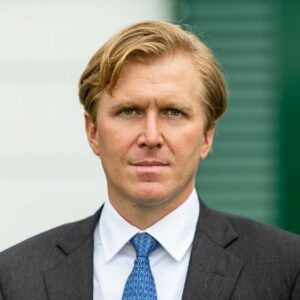
Elbridge Colby
Elbridge Colby is co-founder and principal of The Marathon Initiative, a policy initiative focused on developing strategies to prepare the United States for an era of sustained great power competition. He is the author of The Strategy of Denial: American Defense in an Age of Great Power Conflict (Yale University Press, 2021). Previously, Colby was from 2018-2019 the Director of the Defense Program at the Center for a New American Security, where he led the Center’s work on defense issues.
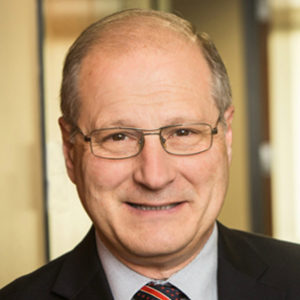
Eric S. Edelman
Ambassador Eric S. Edelman is Counselor at the Center for Strategic and Budgetary Assessments. He retired as a career minister from the U.S. Foreign Service on May 1, 2009. He has served in senior positions at the Departments of State and Defense as well as the White House, where he led organizations providing analysis, strategy, policy development, security services, trade advocacy, public outreach, citizen services, and congressional relations.